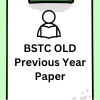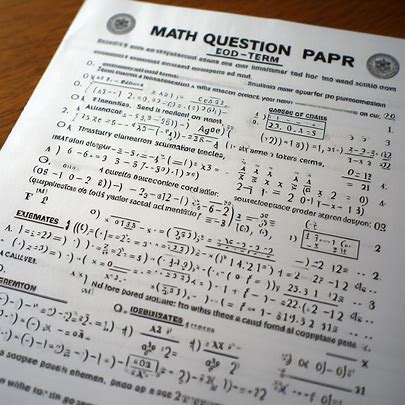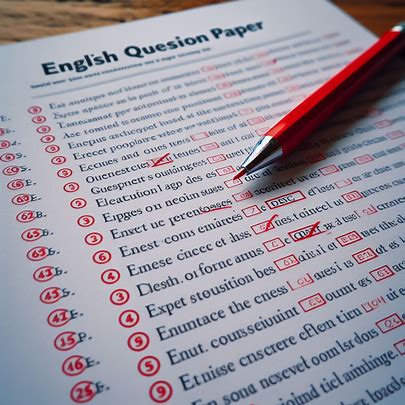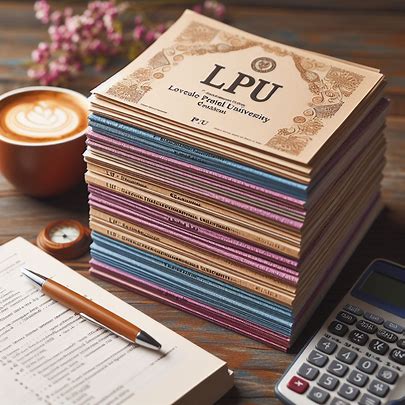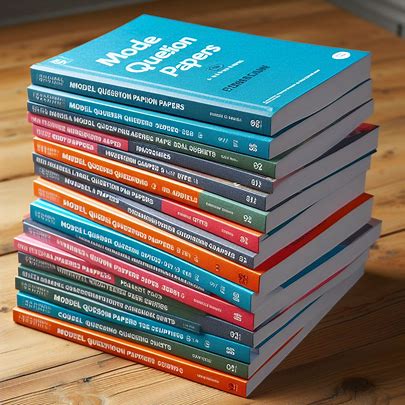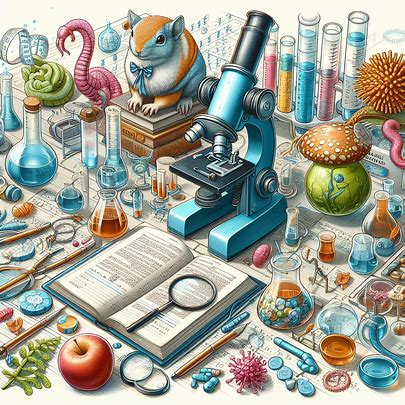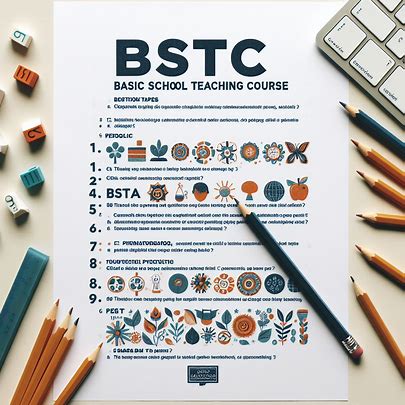HSC Maths Question Paper 2016 Science: Unlocking Mathematical Challenges
Introduction
The Higher Secondary Certificate (HSC) examinations are a crucial milestone for students in India. Among the various subjects, Mathematics holds a special place due to its logical rigor and practical applications. In this blog, we’ll delve into the HSC Maths Question Paper 2016 Science, explore its intricacies, and address frequently asked questions (FAQs).
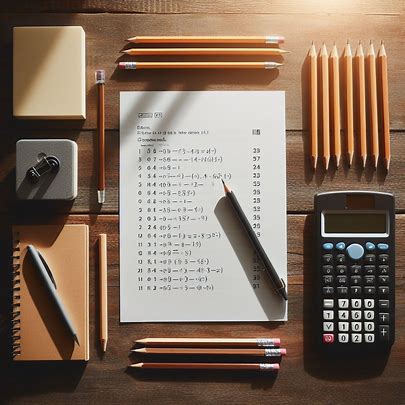
Understanding the HSC Maths Question Paper 2016 Science
The 2016 HSC Maths question paper for Science stream covered a wide range of topics. Let’s explore some key aspects:
- Paper Structure:
- The paper typically consists of multiple sections, including Algebra, Geometry, Trigonometry, and Statistics.
- Each section contains both theoretical and practical questions.
- Students are required to demonstrate their problem-solving skills, mathematical reasoning, and application of concepts.
- Difficulty Level:
- The 2016 paper aimed to challenge students while assessing their understanding of fundamental concepts.
- Questions ranged from straightforward to complex, encouraging critical thinking.
- Time Management:
- Effective time management is crucial during the exam. Students must allocate time wisely to each section.
- Practicing previous years’ question papers helps improve speed and accuracy.
Demystifying the 2016 HSC Maths Paper (Science Stream)
The HSC Maths paper typically consists of three sections: Section A (compulsory), Section B (choice of one question from each of two sets), and Section C (choice of either question). Understanding the format and marking scheme of the 2016 paper can give you a valuable head start for your own exam.
- Section A: This section usually comprises short answer and objective-type questions testing fundamental mathematical concepts across various topics. It carries a significant weightage in the overall marks.
- Section B: This section offers more in-depth and application-based questions. You’ll typically have two sets, each with a choice of questions. Choose the set you feel more comfortable with and attempt one question from each chosen set.
- Section C: This section presents the most challenging problems, requiring a deeper understanding and application of mathematical concepts. You’ll have a choice between two questions.
Exploring Resources Beyond the 2016 Paper:
- Official Textbooks and Solutions Manuals: Utilize your prescribed Maharashtra State Board textbooks and their official solution manuals to solidify your understanding of concepts.
- Mock Tests and Sample Papers: Practice with mock tests and sample papers designed for the latest HSC Maths syllabus. This will familiarize you with the current paper format and difficulty level.
- Online Resources: Several educational websites and platforms offer practice questions, tutorials, and video lectures aligned with the HSC Maths curriculum.
Download Question Paper – Click here
Frequently Asked Questions (FAQs)
1. Is it essential to solve previous years’ question papers?
- Answer: Yes! Solving previous years’ papers provides insight into the exam pattern, helps identify weak areas, and boosts confidence. It also familiarizes students with the types of questions asked.
2. How can I approach algebraic problems effectively?
- Answer: Break down algebraic expressions step by step. Understand the given information, apply relevant formulas, and solve systematically. Practice is key!
3. What strategies can I use for geometry questions?
- Answer: Visualize geometric figures, draw accurate diagrams, and apply theorems. Understand properties of triangles, circles, and quadrilaterals.
4. How do I tackle trigonometry problems?
- Answer: Memorize trigonometric ratios (sine, cosine, tangent). Use identities and solve right triangles. Practice solving real-world problems involving angles and distances.
5. What about statistics questions?
- Answer: Understand concepts like mean, median, mode, and standard deviation. Interpret data from graphs and tables. Practice calculating probabilities.
6. Where can I find the HSC Maths Question Paper 2016 Science with solutions?
- Answer: You can access the 2016 HSC Maths question paper with solutions from reliable educational websites or study materials. These solutions provide step-by-step explanations.
7. Where can I find the official HSC Maths question paper 2016 (Science stream)?
A: Distributing official exam materials might violate copyright restrictions. However, several websites like those of educational boards or exam preparation institutes might offer a general overview of the paper format and marking scheme.
8. Are there solutions available for the 2016 HSC Maths paper?
A: Sharing official solutions might not be permitted. Look for resources offering explanations of similar problems or refer to solutions manuals accompanying your official textbooks.
9. How much weightage does the 2016 paper have on the current HSC Maths exam?
A: The exact weightage of past papers might not be relevant for your upcoming exam. Focus on the latest syllabus and exam format provided by the Maharashtra State Board of Secondary and Higher Secondary Education.
10. What are some effective strategies for managing exam anxiety?
A: Here are some tips:
- Engage in relaxation methods such as deep breathing exercises, meditation, and progressive muscle relaxation to soothe your nerves.
- Get a good night’s sleep: Being well-rested improves focus and memory recall.
- Prepare effectively: A strong understanding of the material reduces anxiety.
- Focus on the process: Instead of fixating on the outcome, concentrate on understanding the question and applying your knowledge.
Sample Question from the 2016 HSC Maths Paper (Algebra):
Consider the quadratic equation:
x2−5x+6=0
- Find the roots of the equation.
- Determine whether the roots are real or complex.
Conclusion
The HSC Maths Question Paper 2016 Science challenged students to apply mathematical principles to real-world scenarios. By practicing diligently and understanding core concepts, students can excel in this subject. Remember, mathematics is not just about solving equations; it’s about developing problem-solving skills that extend beyond the classroom! 📐🌟

